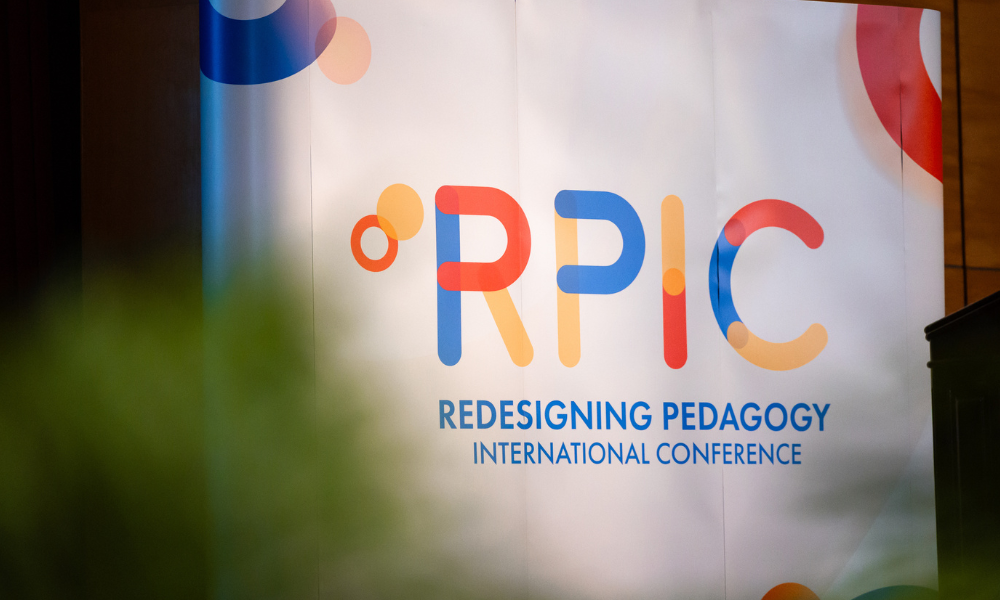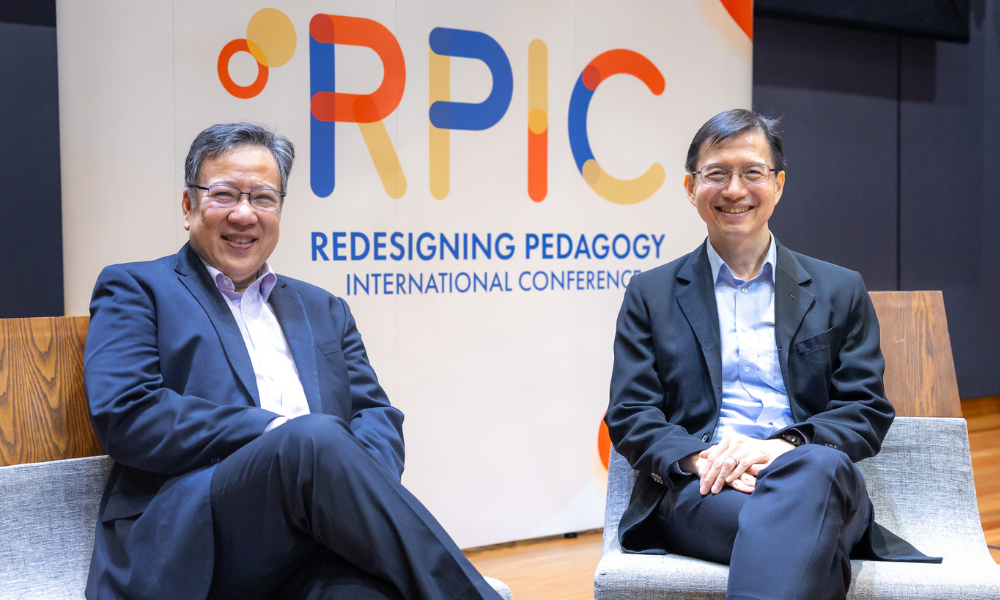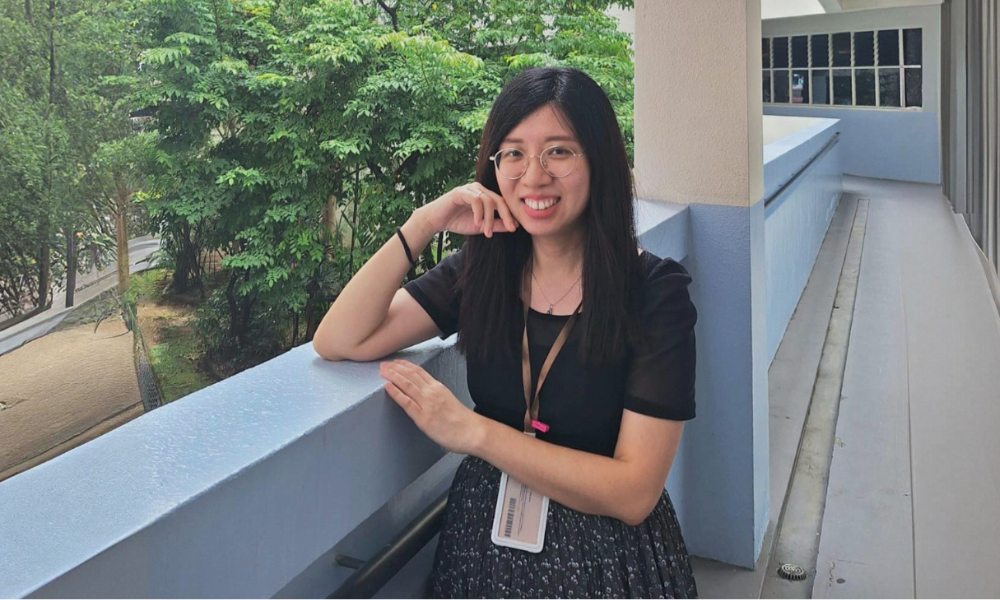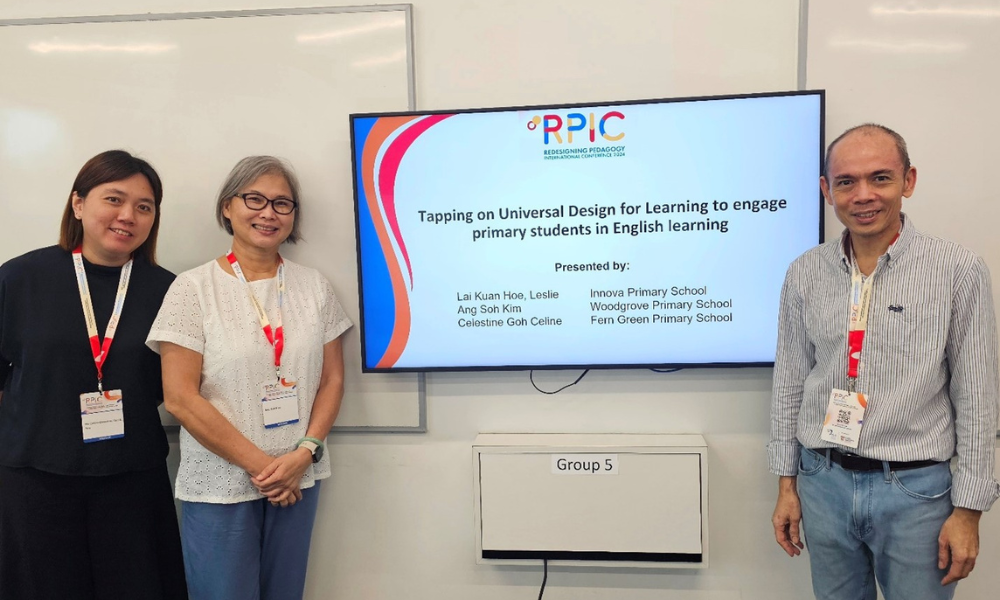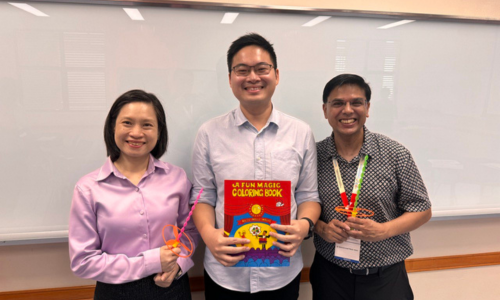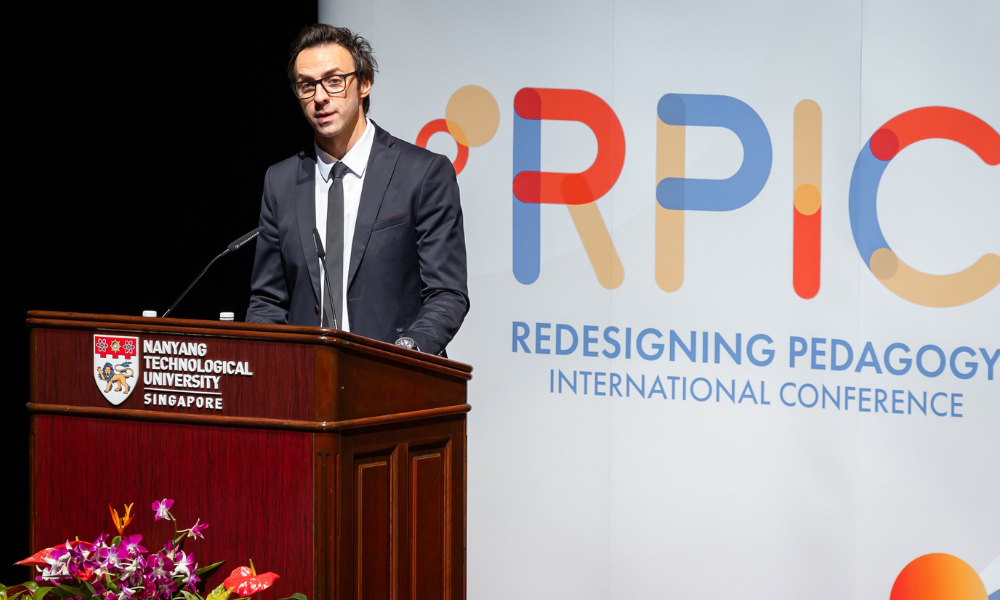Big Questions
It’s the school holidays once again and for many of us, that time of the year when we review our last 10 months in the classroom. Where do we begin to evaluate our teaching practice? What are some questions we should be asking ourselves? And how can we recharge for the new school year? SingTeach talks to Julianne Moss to find answers to some of these questions.
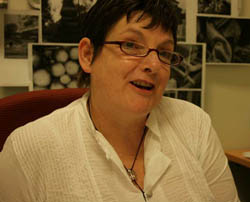 SingTeach: Tell us more about your work with teachers in schools.
SingTeach: Tell us more about your work with teachers in schools.
Julianne: A lot of that work has been in teacher professional learning, but particularly around the issues of curriculum and pedagogy.I don’t see curriculum as just a syllabus; curriculum is much more than that. Curriculum can be thought about as either a noun or as a verb. I’m very interested in the doing – the “what do teachers do” in the context of their work, inside their schools, and also what are the kind of ways that they can inquire into their own pedagogy.
SingTeach: What are some ways teachers can improve their pedagogy and practice?
Julianne: When we look at schooling, there are many big and essential questions that we have to keep asking. And if we only think about curriculum in the narrow form – curriculum as the noun, that is the syllabus, rather than the verb – we find it very difficult to be able to get at some of the big issues that we face inside education.
Inside curriculum inquiry, we talk a lot about the practices of the teacher that get them asking questions about their own practice. Very often, people might know the word initially as reflective practice. But that term is very difficult and slippery for people to understand how it works. If we look at the field of curriculum inquiry, there are a number of approaches that people now adopt to help teachers work through issues about their own practice.
The common approaches are known as action research, but action research is only one of the many forms. The work of narrative inquiry – the work of Jean Clandinin has been particularly influential – helping teachers to story their lives; but not just to tell a story, but to be able to ask questions about their practice. The self-study movement also is another emerging field, where teachers have been invited to bring what they know to the table, but in the context of the community of learners or a community of practice.
SingTeach: This end-of-year break is probably a good time for teachers to start asking questions. For teachers who are not familiar with these approaches, where do they begin?
Julianne: I think one of the things, as you finish the school year, is that sense of relief that you’ve made the year. You’ve survived the year, and so you’re looking for some ways of nourishing yourself so that you can be rejuvenated for the coming school year.
We often think about some reading, or something more formal, but I think that there are many great movies that people could use as a way to just ask themselves some essential, some big questions about their year. Two of my favourite movies are Freedom Writers and Born into Brothels.
Some might prefer to take a text, but to take a story about the life of a teacher, and then go back and ask yourself some fundamentals about your school year. Questions like: How did my students learn? Or what did they learn? What was my role in it? What knowledge did they gain from schooling? Is this the knowledge they need?
So take something that first of all you’ll enjoy, but also will help you to start asking questions about what I call your professional self. And inside of that, to do what we call some noticing and some seeing about the way the year has played out for you.
SingTeach: How can teachers develop their professional self?
Julianne: Increasingly, teachers are being asked as part of professional standards, or even their employment, to be able to develop a professional portfolio.
You may well have collected up many things over the year that you’ve put into your “tidying up” pile. But if we start to be able to think about them as research artefacts – documents, photos, formalised assessment practices, informal assessment practices that you may have used – and to really bring them together in a way that is a record of our work.
The idea of a portfolio is not just a scrapbook full of mementos. The portfolio is a demonstration of your professional knowledge, to help you ask those big questions for the following year. Where am I going to start with that group of students? What worked well last year? Did I really see what it is that my students learn?
So instead of seeing them as things that just keep piling up your desk, you can start ordering them into some way of understanding your own professional practice.
SingTeach: This requires the teacher to take a very different stance, doesn’t it?
Julianne: Yes. And in qualitative research, a lot of people quote Denzin and Lincoln, who talk about making the familiar strange. I think that’s what we have to do to our own practice. And that’s really hard. The day-to-day basis is such that there are so many demands that are put upon teachers, just because the way that the school day still works. So if we can help ourselves become a bit of a traveller, if you like, in our own classroom, to try and discover some things.
But that’s hard on your own. One of the important messages in professional learning is to build a community; a community of teachers can achieve many things. I think as teachers, one thing we can do is that we can connect together – more the better if you have strong leadership in your school, where the principal really understands the need for creating time for teachers to work together. Because it’s really difficult to think about your practice, to be able to do the reflection (or what we call the “noticing”), without that time.
Also, I want to encourage people to think about asking the students about how they might have seen their teacher, because I think that’s also an important way of getting insight and feedback. Too often, people still have the conception of the teacher being the master and the student being less. But in today’s world, we learn in multiple ways and in multiple places, and I think we underestimate what it is that our students bring into the learning conversation.
SingTeach: Do you have tips on how teachers can be recharged for the new school year?
Julianne: I think it is important that your vacation is your vacation – do some things for yourself! And given all the pressures that are on teachers, I think that sometimes we have lost sight of what it really is to be a learner. So if there is one thing that I can suggest to do for the holidays to get recharged, it is to be able to go and experience something that you may not have experienced before. Think about what it’s like to be a learner again because that can make you quite humble about the experience of learning and give you some good reminders about what somebody is going thorough when they are attempting to take that step inside the learning continuum.
Selected References
Clandinin, D. J., & Connelly, F. M. (2000). Narrative inquiry: Experience and story in qualitative research. San Francisco: Jossey-Bass.
Denzin, N., & Lincoln, Y. (1994). Handbook of qualitative research. Thousand Oaks, CA: Sage.
Hay, T., & Moss, J. (Eds.). (2005). Portfolio, performance and authenticity. New South Wales, Australia: Pearson.
Moss, J. (Ed.). (2007). Researching education: Visually, digitally and spatially. Rotterdam, Netherlands: Sense Publishers.
Moss, J., et al. (2004). Invitations and inspirations: Pathways to successful teaching. Carlton South, Victoria, Australia: Curriculum Corporation.

